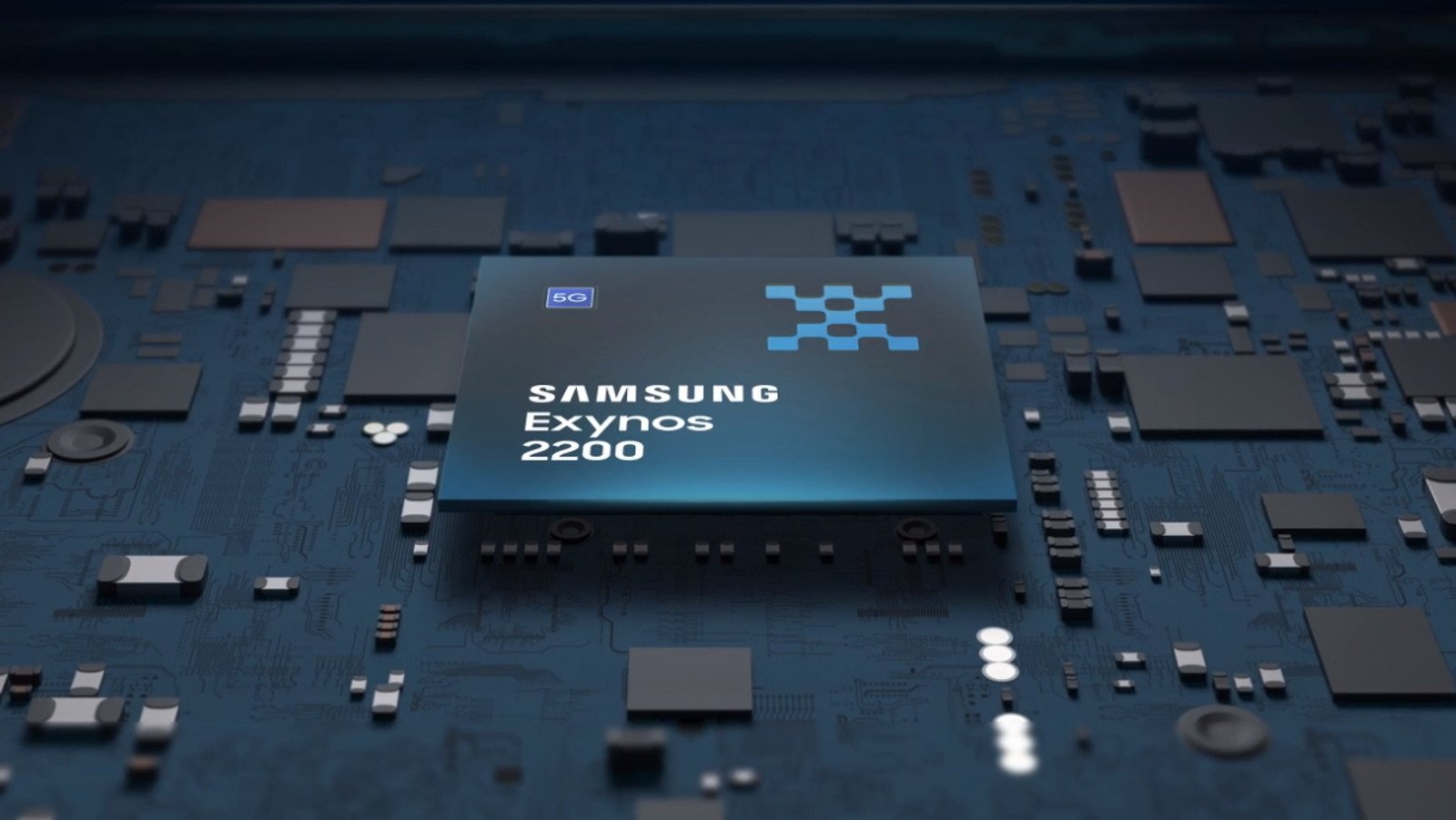
You told us: Galaxy S25 chip poll wants Snapdragon, not Exynos
-
by Anoop Singh
- 4

When you’re a smartphone-making behemoth, there are few points of pride bigger than shipping phones that run your company’s very own chips. But far more than just demonstrating industrial accomplishments, having your own chips can offer a big impact to your firm’s economics, as well as its ability to react agilely to shifting market demands — and this isn’t even touching on how much easier it can make software development. So it’s no surprise at all to see a company like Samsung keep up with its Exynos efforts.
Samsung may have Exynos at its disposal, but the company clearly likes to keep its options open, and also makes a ton of hardware based around Qualcomm Snapdragon processors — we even get the occasional MediaTek model, like the new Galaxy Tab S10 series. And the question of which chip is going into what hardware is probably never more contentious than when we’re talking about the next Galaxy S-series flagship.
A lot of times, Samsung likes to split things up by market, going with Exynos chips on its home turf, and bringing Snapdragon phones to shoppers in the US. But with recent releases like the Galaxy S24 FE embracing Exynos across the board, what could that mean for the company’s plans for next year’s Galaxy S25? We’ve heard plenty of rumors, but with nothing yet certain, we decided to put the question to you: Which would you prefer?
Would you buy an Exynos Galaxy S25?
Given how long US shoppers have been enjoying Snapdragon-powered Galaxy phones, and all they’ve no doubt heard about Exynos shortcomings in terms of raw power, it shouldn’t be any surprise to see the Qualcomm die-hards winning this contest. But for as inevitable as that felt, this still seems like less than a complete loss for Samsung.
After all, a solid fifth of respondents are ready to dive into those Exynos waters, confident that maybe even if Samsung’s silicon can’t beat Qualcomm’s in a head-to-head trial, it’s still going to be more than good enough for what they’re actually going to be doing with their phones. And just about a third of you are willing to let the hardware speak for itself, and want to hold off on passing any judgment here until you’ve seen what Samsung can actually build.
One big issue we were thinking about when putting together this poll was cost, and with Exynos chips cheaper for Samsung to make and use than going with a Qualcomm solution, that could theoretically help prevent Galaxy S25 costs from rising to untenable levels. Looking into the comments we got, the nature of your concerns with Exynos chips really starts to crystalize, and it has nothing to do with price: You’re worried they’re running too hot, and you’re worried about battery life. Even with everything else being equal, a phone that gets overly warm when you’re using it is just uncomfortable, and easily detracts from the sort of “premium” experience shoppers expect from a major brand’s flagship lineup.
This isn’t exactly a new concern for Samsung Exynos chips, and with every new generation we wonder if this is going to be the entry that really manages to balance performance and heat in a way the checks all the right boxes. And if it can do all that while also being more affordable than a Snapdragon, that’s just the icing on the cake. For now, the Exynos 2500 is still a big unknown, and hopefully Samsung can do a little to ease concerns about it as we get closer to meeting the hardware it will power.
When you’re a smartphone-making behemoth, there are few points of pride bigger than shipping phones that run your company’s very own chips. But far more than just demonstrating industrial accomplishments, having your own chips can offer a big impact to your firm’s economics, as well as its ability to react agilely to shifting market demands…
When you’re a smartphone-making behemoth, there are few points of pride bigger than shipping phones that run your company’s very own chips. But far more than just demonstrating industrial accomplishments, having your own chips can offer a big impact to your firm’s economics, as well as its ability to react agilely to shifting market demands…
